This curated selection of Soviet films explores the theme of love separated by vast distances, whether by war, duty, or circumstance. These films not only showcase the resilience of love but also offer a glimpse into the cultural and historical context of the Soviet Union. Each film in this collection has been chosen for its poignant storytelling, emotional depth, and its ability to resonate with audiences today, providing a rich tapestry of human emotions and experiences.

The Ascent (1977)
Description: This war drama focuses on two Soviet partisans whose journey through occupied territory leads to separation and sacrifice, with love as a driving force behind their actions.
Fact: The film won the Golden Prize at the 10th Moscow International Film Festival.
 Watch Now
Watch Now
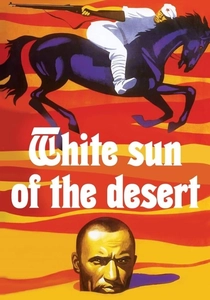
The White Sun of the Desert (1970)
Description: While primarily an action-adventure, the film includes elements of love and separation as the protagonist navigates through the desert, away from his love.
Fact: It's considered a cult classic in Russia, often quoted and referenced in popular culture.
 Watch Now
Watch Now
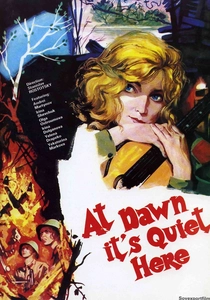
The Dawns Here Are Quiet (1972)
Description: This war drama focuses on a group of female anti-aircraft gunners and their male commander, showcasing the emotional bonds formed in the face of separation and the harsh realities of war.
Fact: The film was remade in 2015, highlighting its enduring popularity and relevance.
 Watch Now
Watch Now
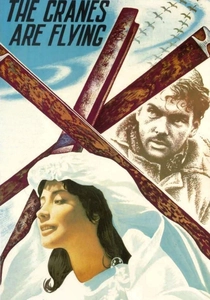
The Cranes Are Flying (1957)
Description: This film tells the story of Veronika and Boris, whose love is tested when Boris is drafted into WWII, leaving Veronika behind. The film captures the essence of love enduring through separation and the harsh realities of war.
Fact: The film won the Palme d'Or at the 1958 Cannes Film Festival, making it one of the few Soviet films to achieve such international acclaim.
 30 Days Free
30 Days Free
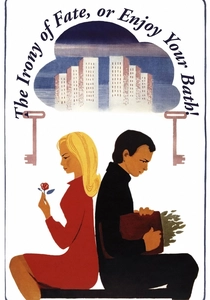
The Irony of Fate (1975)
Description: Although not strictly about distance, the film features a man who, due to a mix-up, ends up in Leningrad instead of Moscow, leading to a romantic entanglement. It explores the theme of love finding its way despite physical separation.
Fact: This film has become a New Year's Eve tradition in Russia, often watched every year on that day.
 30 Days Free
30 Days Free
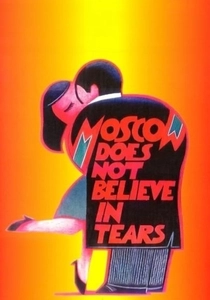
Moscow Does Not Believe in Tears (1980)
Description: The story spans over two decades, showing how three women's lives intertwine with love, career, and the challenges of distance when one of them moves to another city for work.
Fact: It won the Academy Award for Best Foreign Language Film in
 30 Days Free
30 Days Free
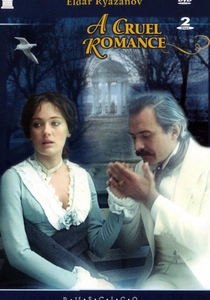
A Cruel Romance (1984)
Description: Based on Alexander Ostrovsky's play, this film explores the complexities of love, social status, and the physical distance between characters, highlighting the emotional toll of separation.
Fact: The film was a significant success in the Soviet Union, known for its lavish production and strong performances.
 30 Days Free
30 Days Free

The Shield and the Sword (1968)
Description: A spy thriller where love and duty intertwine, with the protagonist often separated from his love interest due to his espionage missions, exploring the theme of love across borders.
Fact: The series was one of the most popular Soviet TV shows of its time.
 30 Days Free
30 Days Free

The Stationmaster (1972)
Description: Based on a story by Alexander Pushkin, it explores the love between a stationmaster and his daughter, separated by her marriage and subsequent events, highlighting the emotional distance between them.
Fact: The film is known for its poetic adaptation of Pushkin's work.
 30 Days Free
30 Days Free

The Flight (1970)
Description: A story of love and betrayal set during the Russian Civil War, where the physical and emotional distance between characters is a central theme.
Fact: The film was based on a novel by Mikhail Bulgakov, known for its complex portrayal of human relationships.
 30 Days Free
30 Days Free









